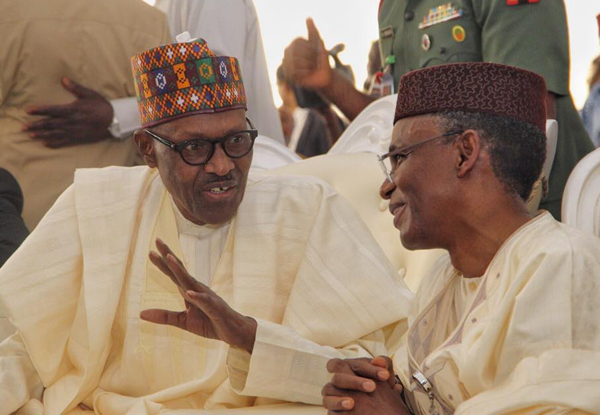Olabode Agusto, founder, Agusto & Co, a credit rating agency, has advised the Central Bank of Nigeria (CBN) to adopt a “crawling peg” to manage the country’s foreign exchange.
A crawling peg is a system of exchange rate adjustments in which a currency with a fixed exchange rate is allowed to fluctuate within a band of rates.
Agusto, in a recent statement, advised the government against pegging the value of the naira to the dollars.
TheCable reported that the naira weakened to N707 a dollar at the parallel section of the foreign exchange market.
Advertisement
The Central Bank of Nigeria (CBN) has often maintained that the parallel market is not the true reflection of the naira.
But Agusto maintained that ordinarily, the naira/dollar exchange rate should be about N602/$1 by the end of 2022 as the difference in inflation between both currencies is 10 percent.
He, therefore, called for a 10 percent annual depreciation against the dollars, saying it was “predictable, businesses and households that are dependent on imports can plan for it”.
Advertisement
He said countries manage their exchange rates in three principal ways — pegging naira to dollar, floating currency or using a crawling peg.
Agusto said countries that earn a lot of dollars peg their currencies to the dollars.
“Can Nigeria sell USD at 420/1 to all those who want to buy? The fact that Nigeria cannot sell led to the development of a parallel market that commands a large premium. At 420/1, everyone wants to buy USD from the Central Bank of Nigeria (CBN), but no one wants to sell it. This means that a rate of 420/1 is below equilibrium and is unsustainable. Nigeria has tried several times in the past to peg the NGN to the USD and has failed every time,” he said.
“A second option is to float the currency. This means allowing the forces of demand and supply to determine the rate at which the local currency exchanges for the USD.”
Advertisement
According to him, the floating of currency was not recommended for Nigeria as there would be a lot of exchange rate volatility because of the large difference between the naira inflation and dollar inflation and “the fact that oil revenues, Nigeria’s principal source of USD fluctuate wildly”.
He, however, said adopting a crawling peg was the way to go for the country.
“This means that a country starts at a near market LCY/USD exchange rate and then allows its currency to depreciate (or appreciate) against the USD by close to the difference in annual inflation. This is the option we recommend for Nigeria. Today, this means starting at NGN/USD exchange rate of around N600/$1 and then allowing the currency to depreciate by around 10% per year,” he added.
“It also means allowing willing buyers to do business with willing sellers at contracted rates. The CBN may intervene in the market when rates are significantly higher or lower than its target. “Kenya and Botswana have successfully managed their exchange rates for a number of years using this option.”
Advertisement
He said the current policy of pegging the currency could help dampen imported inflation “but it has several disadvantages”.
According to him, the disadvantages include reduced ‘naira amount’ of oil revenue to the federation account, low import duty for importers as well as subsidised exports for exporters.
Advertisement
He added that it would also make imports cheaper than locally produced goods.
“Economists say three things cause inflation — too much money in circulation, the rising cost of inputs, and too much demand relative to supply,” he said.
Advertisement
“The money in circulation does not cause inflation as CBN controls the money supply through cash reserves taken out of bank deposits.”
He recommended that the country control its population growth to manage its long-term inflation downwards and reduce the annual rate of naira depreciation.
Advertisement
Agusto said a lasting solution would be controlling the rate of unemployment.
Add a comment






